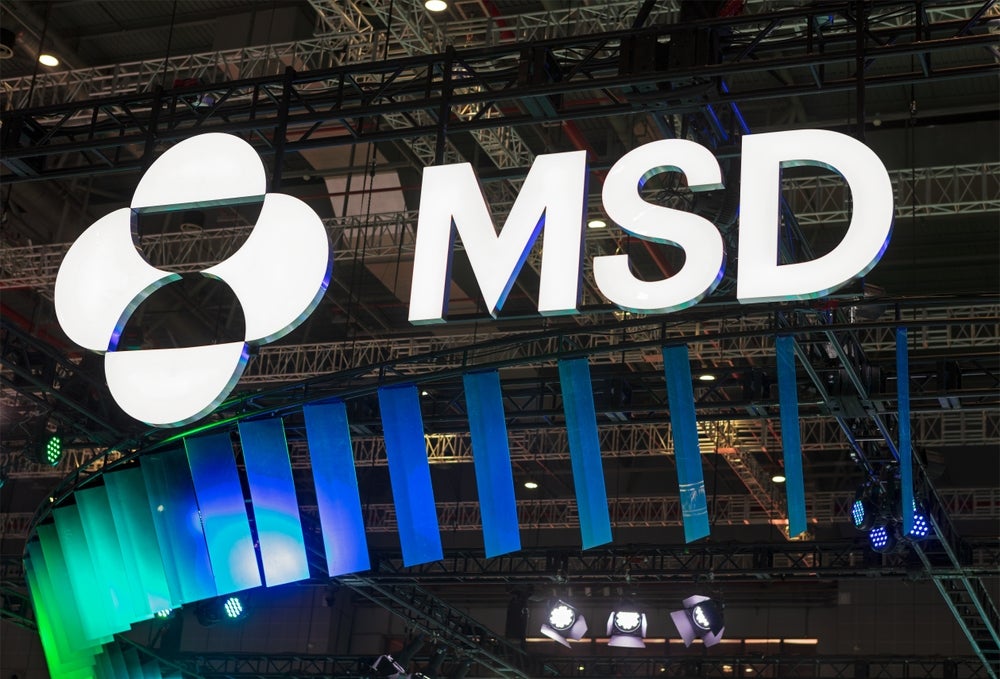
Contract research organisation IRBM has announced an extension to its collaboration with US-based Merck & Co. (MSD) to develop peptide therapeutics.
IRBM began as part of MSD, in 2000, before being spun off in 2010. Following the separation, the companies continued to work together on drug discovery, with the collaboration being expanded in 2020 to develop peptide therapeutics for coronavirus.

Discover B2B Marketing That Performs
Combine business intelligence and editorial excellence to reach engaged professionals across 36 leading media platforms.
Advances in phage and mRNA display platforms have accelerated peptide development in recent years. In particular, IRBM claims it has made major progress with half-life extension strategies and utilising formulation enhancers to support oral route administrations. IRBM told Pharmaceutical Technology that AI is beginning to play a part in peptide discovery, and that radiotheranostics was a rapidly growing area of interest.
Italy-based IRBM draws upon expertise in peptide drug development to bring new candidates to fruition. It utilises a platform that covers the entire range of activities required to discover and develop novel peptide hits into potential drug leads.
One candidate discovered through the collaboration with MSD is MK-0616, a macrocyclic peptide designed to treat hypercholesterolemia by inhibiting the PCSK9 protein associated with high levels of cholesterol. While there are available treatments in this area, costly injectables and statins are poorly tolerated by many patients.
In March, MSD presented positive results from a Phase II trial of MK-0616, where the peptide drug reduced low-density lipoprotein (LDL) cholesterol by more than 60% at the highest dose. With a Phase III trial planned for H2 2023, MSD and IRBM’s collaboration could fill an important niche in providing easier, cost-effective treatment to patients.

US Tariffs are shifting - will you react or anticipate?
Don’t let policy changes catch you off guard. Stay proactive with real-time data and expert analysis.
By GlobalDataIn a 22 June press release, IRBM peptide chemistry senior director Elisabetta Bianchi celebrated the extension, claiming that the collaboration had already produced “outstanding achievements” in delivering orally available peptide candidates.
IRBM has also aided in the discovery of MK-1462, a potential candidate for obesity and diabetes. Whilst this is in early development, obesity treatments have proven promising for other pharma heavyweights. Novo Nordisk’s Wegovy (semaglutide) is already a success in obesity treatments, and Eli Lilly’s Mounjaro (tirzepatide) is likely to be a strong competitor.
According to GlobalData analysis, the market for obesity drugs across the seven major markets (US, France, Germany, Italy, Spain, UK, and Japan) is projected to hit $37bn by 2031, up from $2.4bn in 2021.
GlobalData is the parent company of Pharmaceutical Technology.




